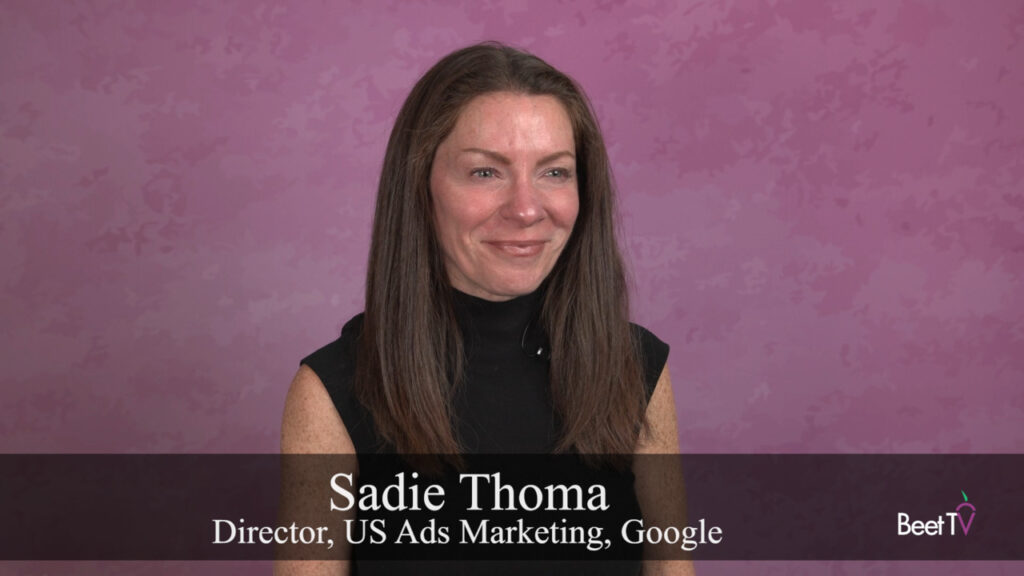SAN FRANCISCO – Apple may have delayed its proposed change in its IDFA iOS ad toolset – but the switch, when it comes, will nevertheless have profound implications.
The Identity for Advertisers component of the mobile operating system is how advertisers can gather and connect aspects of app users’ identifier.
Apple has been due to make that visibly opt-in by default starting with iOS 14 this September, but will now delay the move until early 2021.
Still, Washington Post tech reporter Reed Albergotti thinks the move will understandably hurt Facebook and could benefit Apple.
Apple advantage
“It also can give Apple a bit of a business advantage,” Albergotti tells Beet.TV in this video interview.
“Apple has its own advertising platform. At this point, it’s mostly search advertising. People go on the iOS app store and look for apps, and Apple will show an advertisement based on the search. And they use a lot of personal information for that. So it does give Apple an advantage.
“And if Apple ever expands those advertising offerings, down the road, as it has attempted to do in the past with programmes like iAd, it would have an even bigger advantage or potentially even bigger business reason to make this move.
“So that’s one thing people pointed out to me who work in the advertising industry.”
Marking territories
Apple shut down its iAd app network in 2016.
The tech industry is being divided up between companies those that depend on advertising interest and those that don’t.
Google has a clear interest in maintaining an open, web-based ecosystem.
Apple is intent on driving an app-centric ecosystem, driving by in-app payments and privacy controls that increasingly limit ad targeting’s more sophisticated capabilities.
Changing landscape
The IDFA move comes after a series of pro-privacy, pro-choice industry moves.
GDPR and CCPA regulation have tipped the scales toward explicit opt-in consent requirements.
Third-party cookies have been deprecated by some browsers and are due to be eradicated by Chrome by 2022.
The IDFA change poses a strategic risk as swathes of mobile users are likely to turn off IDFA permissions when first asked to do so by iOS.
Facebook’s hot water
That is going to hurt a lot of companies that depend on advertising for revenue.
So much so that Facebook this summer penned a blog post citing The Value of Personalised Ads to a Thriving App Ecosystem.
But, to reporter Albergotti, that is just a natural consequence of the privacy hot water into which Facebook has got itself in recent years.
“Facebook has had a lot of, I’d say, privacy issues in the past,” he says. “And some of those issues were focused on this very thing – Facebook’s ability to track people outside of Facebook, across the internet.
“So I think it’s very easy for Apple here to look at Facebook and say, ‘Come on, this is just Facebook sour grapes. They’ve violated people’s privacy, and you shouldn’t pay attention to what they’re saying’.”
This video is from a Beet.TV series title Advertising in a Time of Privacy-Centricity presented by AppsFlyer. For more videos from the series, please visit this page.




































